From Plants to Fabrics: For Close-to-Skin Wear, Choose Polylactic Acid Fiber!
When it comes to close-to-skin wear, what factors do you consider?
Softness and skin-friendliness? Breathability? For individuals with sensitive skin, the requirements for clothing materials are even higher—features like antibacterial properties and natural materials become significant advantages.

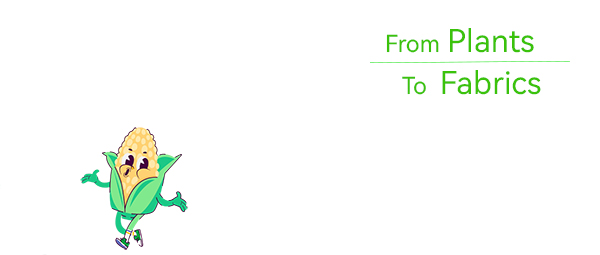
Polylactic Acid (PLA) Fiber
A versatile material suitable for various textile applications, PLA fiber offers properties such as skin-friendliness, antibacterial functionality, quick-drying, insulation, flame resistance, and biodegradability. It has immense potential for use in fabric applications, particularly for close-to-skin wear.
Here are the key advantages of using PLA fiber for close-to-skin fabrics:
1. Soft and Comfortable
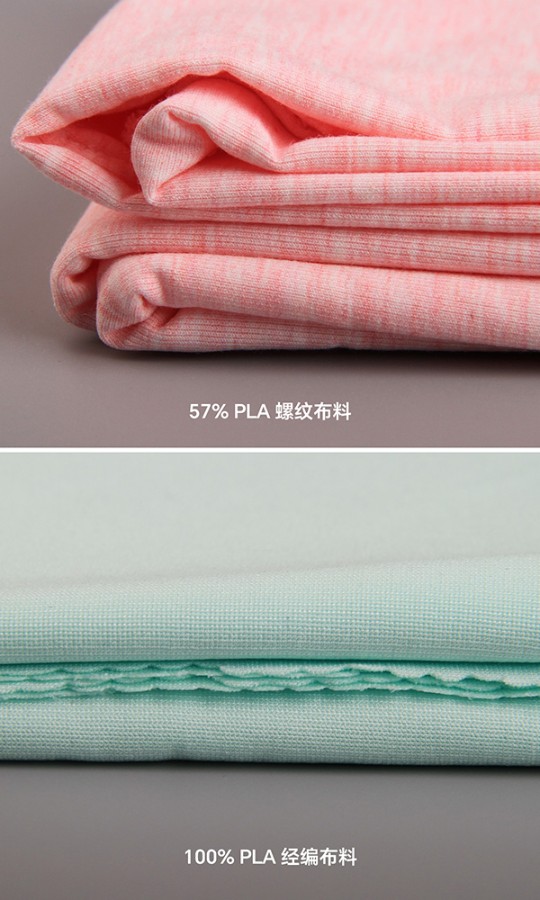
Close-to-skin wear must be soft! PLA fiber has a smooth and soft texture, providing a comfortable wearing experience.
2. Dryness and Breathability
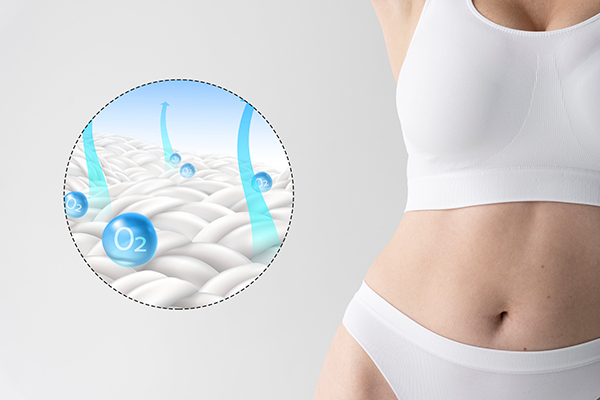
With excellent breathability, PLA fiber is particularly suitable for innerwear fabrics, helping to keep intimate areas dry, reduce bacterial growth, and prevent odors and infections.
3. Antibacterial and Anti-Mite Properties
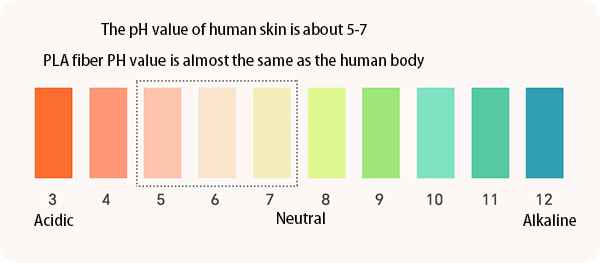
Derived from lactic acid, a natural substance in the human body, PLA fiber has a pH value nearly identical to that of human skin. This ensures excellent biocompatibility and skin-friendliness, making it hypoallergenic and safe to use. Its natural antibacterial properties prevent mold and odor, making it ideal for sensitive skin.
*Antibacterial Tests for PLA Fiber
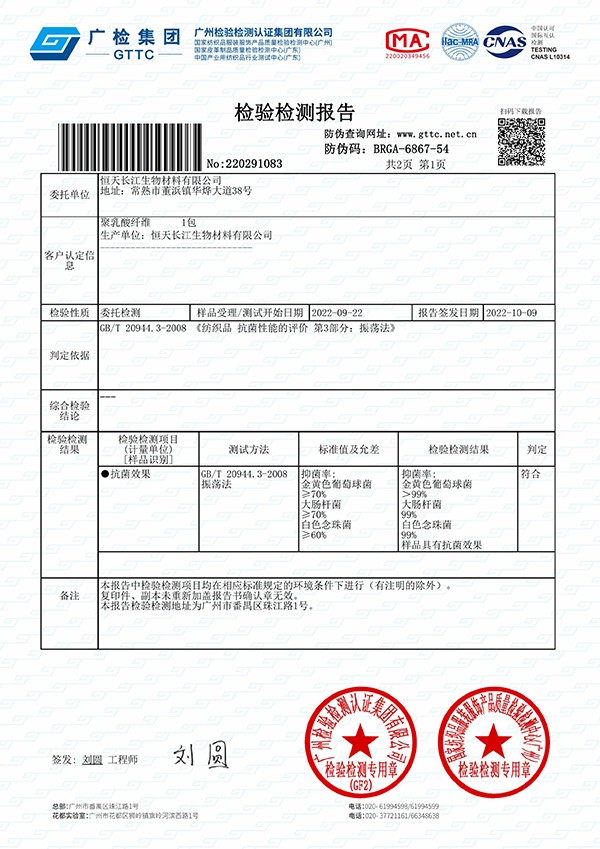
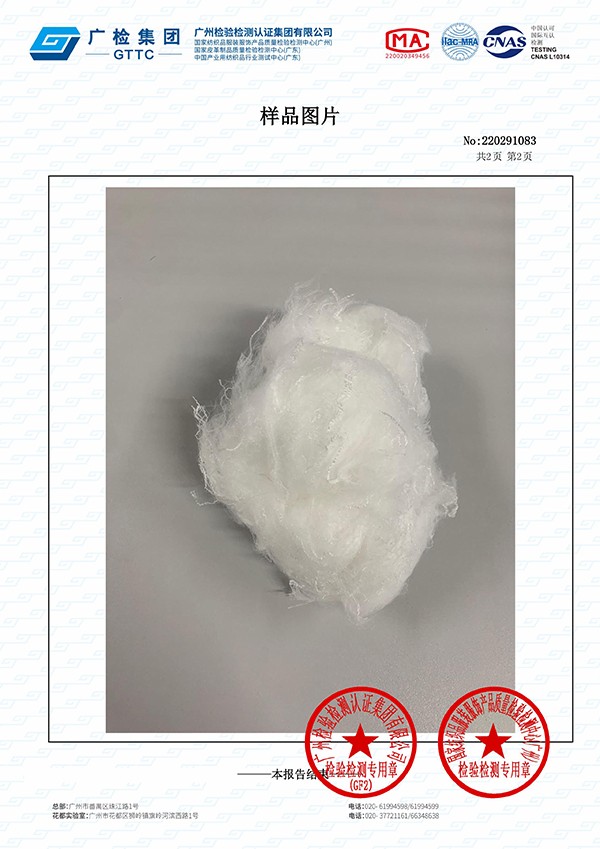
Testing results demonstrate that PLA fiber effectively inhibits Staphylococcus aureus, Escherichia coli, Candida albicans, and other bacteria.
4. High Elasticity Without Tightness
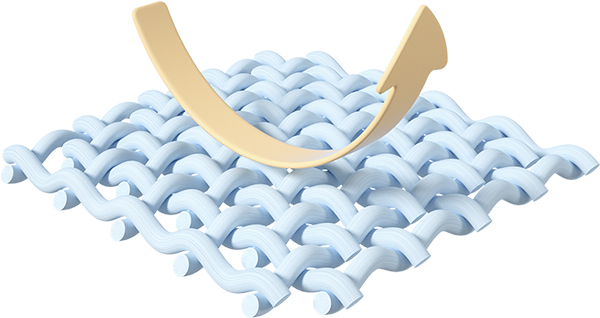
With high tensile strength and excellent elongation, PLA fiber offers great elastic recovery. When used in high-elastic fabrics for innerwear, it supports functionality such as tummy control and hip shaping.
5. Eco-Friendliness
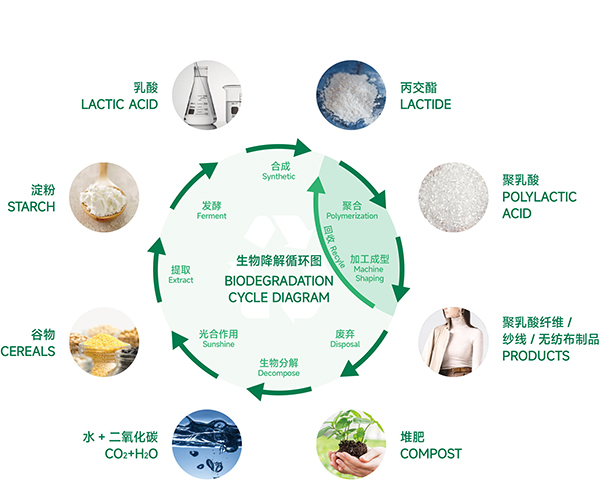
Under specific composting conditions, PLA can completely degrade into harmless water and carbon dioxide. This biodegradability makes PLA a key contributor to reducing textile waste and its environmental impact.
6. Versatile Blending with Other Fibers
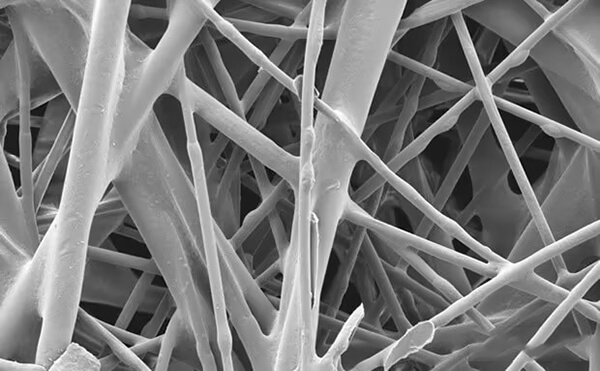
PLA fiber can be blended with other natural or synthetic fibers, enhancing product functionality to meet diverse market demands. For instance, PLA fiber from eSUNFiber can be blended with cotton, linen, silk, and wool to increase stiffness, improve antibacterial performance, and reduce the cost of silk and wool.
PLA Fiber Applications from eSUNFiber
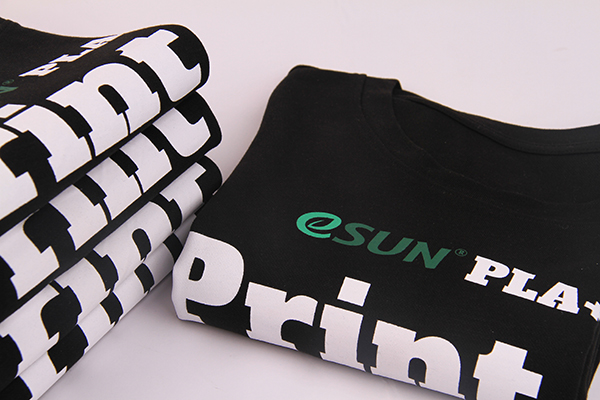
PLA T-Shirts
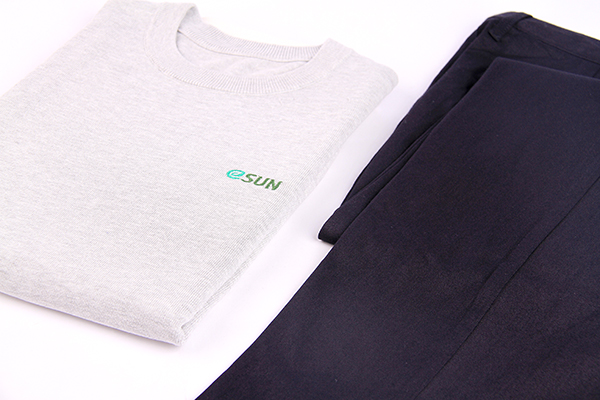
PLA Sweaters and Casual Pants
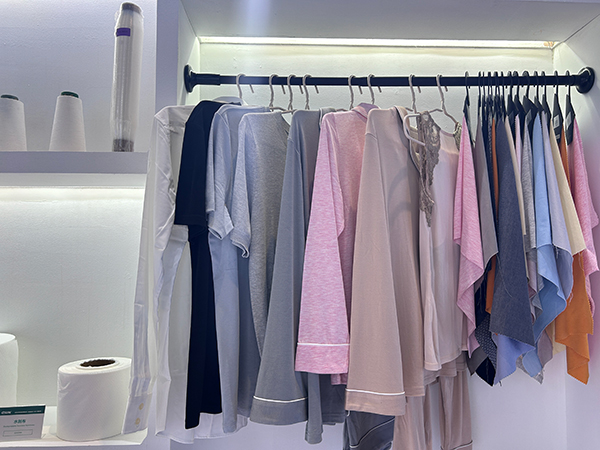
PLA Innerwear, Sleepwear, and Other Casual Apparel
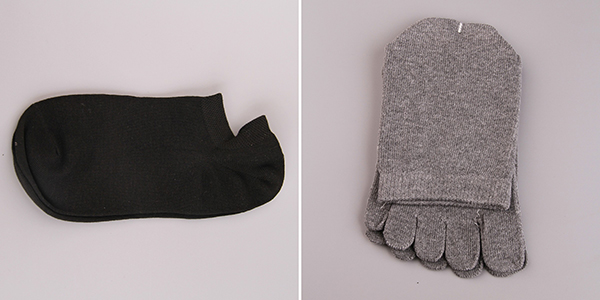
PLA Fiber Socks
eSUNFiber offers customization and sales services for these products. Interested clients are welcome to contact us for inquiries.















